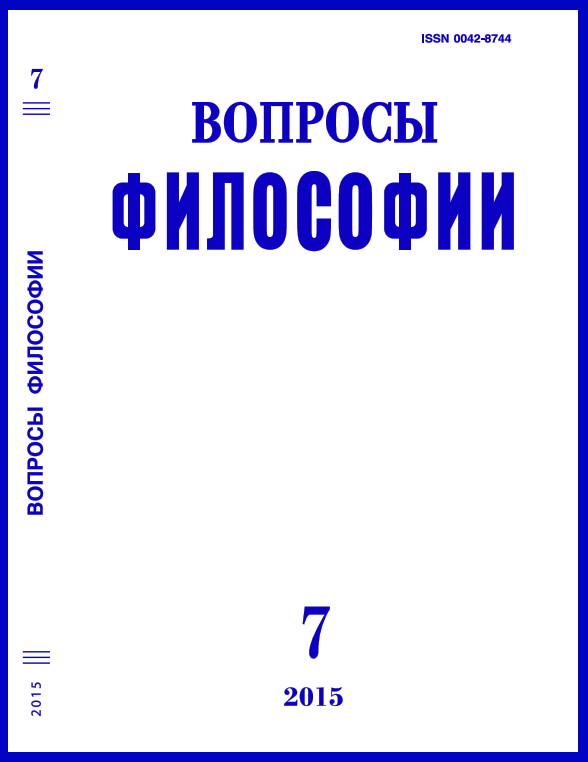Heidegger’s Sorge, Sartre’s l’être pour-soi, and Buddhist duḥkha: Ontology of Negativity
Abstract
This paper examines ontological strategies of Western existential philosophy (its “atheistic” current) and the Buddhist school (darśana) of mādhyamaka. We can discover similar phenomenological strategies together with extreme differences in anthropology and the value purposes (personalism and deconstruction of classic European subject in the existential philosophy and radical impersonalism of Buddhism). We suppose that Heidegger, Sartre and Buddhism have comparable theories of consciousness. The mādhyamaka’s “śūnyata” (emptiness) is comparable with Heideggers’s and Sartre’s “Nothingness” (though they are not absolutely similar) and we can discover primacy of negativity in both cases. We also try to substantiate that the position of mādhyamaka was a radical nihilism and not scepticism contrary to the opinion of a number of modern buddologists. And what is also important for us is the problem of the “unhappy consciousness” (be it the Buddhist “duḥkha” or “Sorge”of Heidegger, or Sartre’s “Nausea”) and different attitudes of thinkers towards it.

